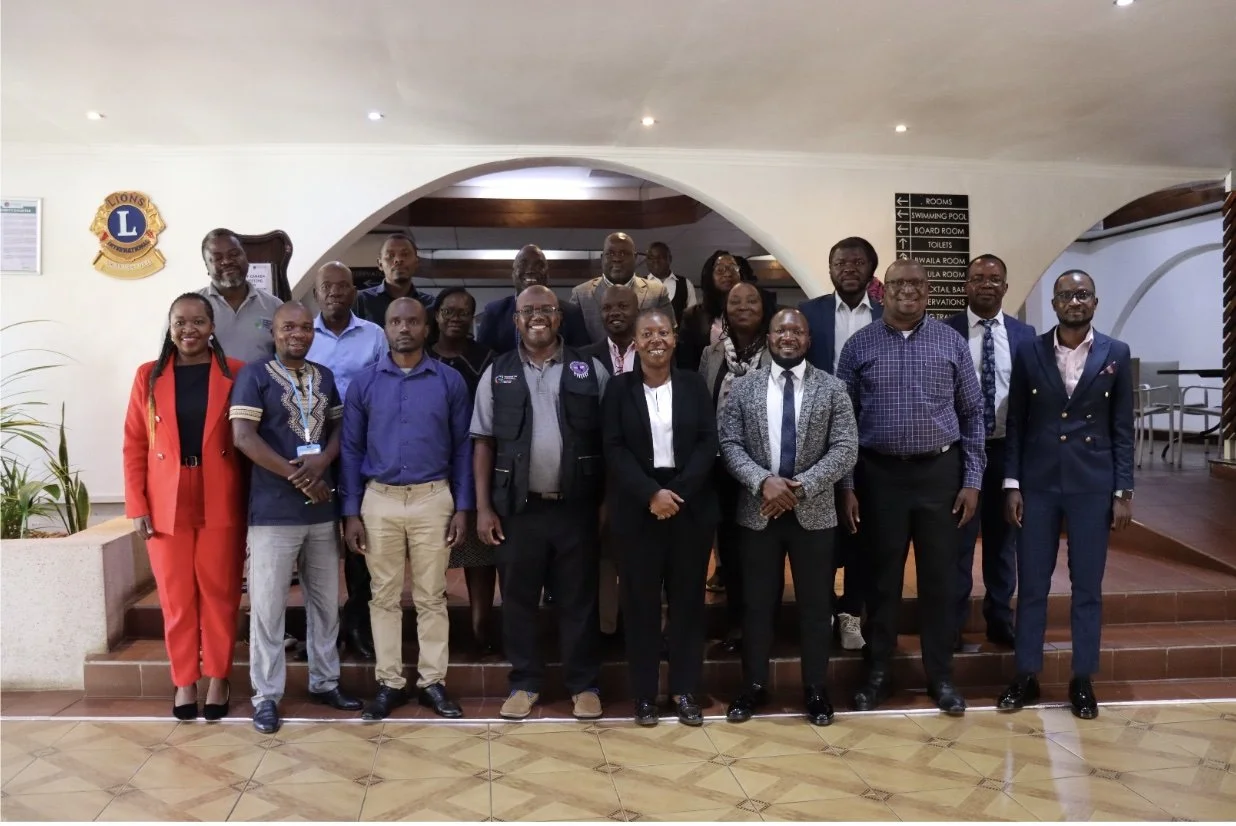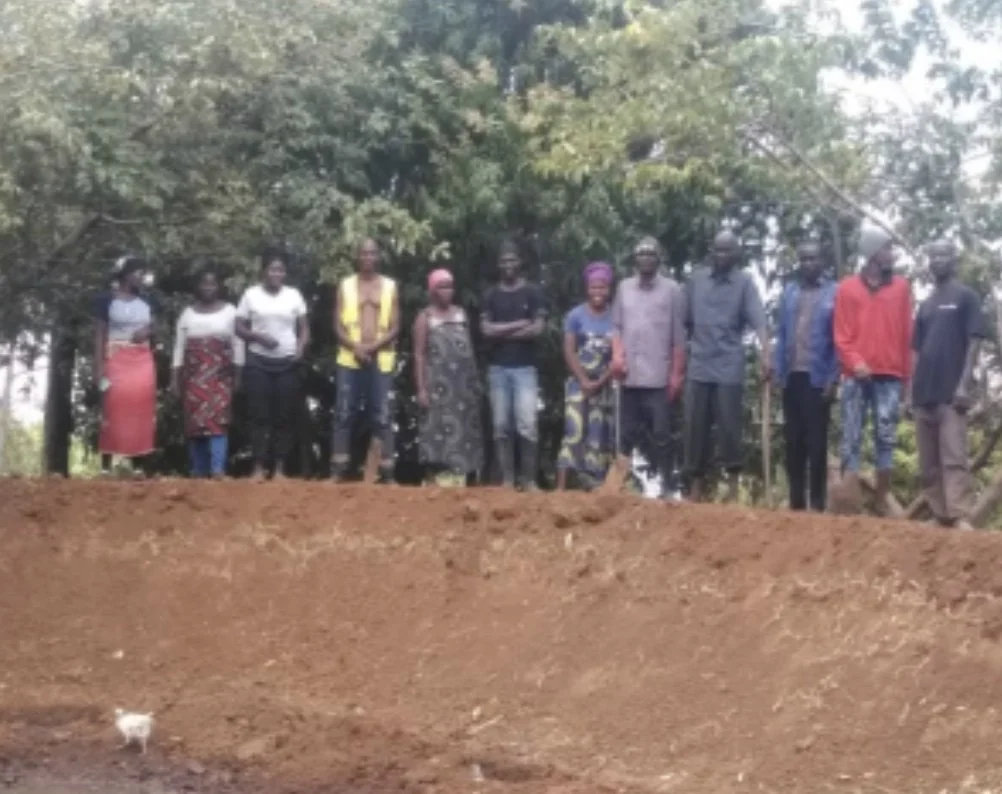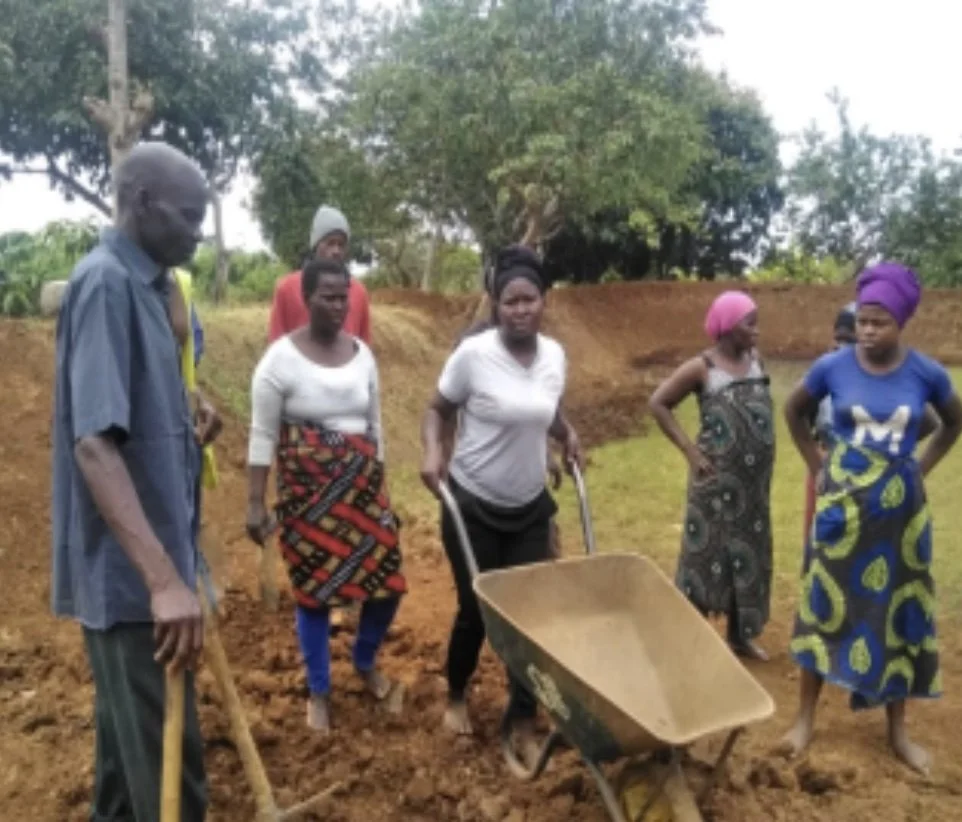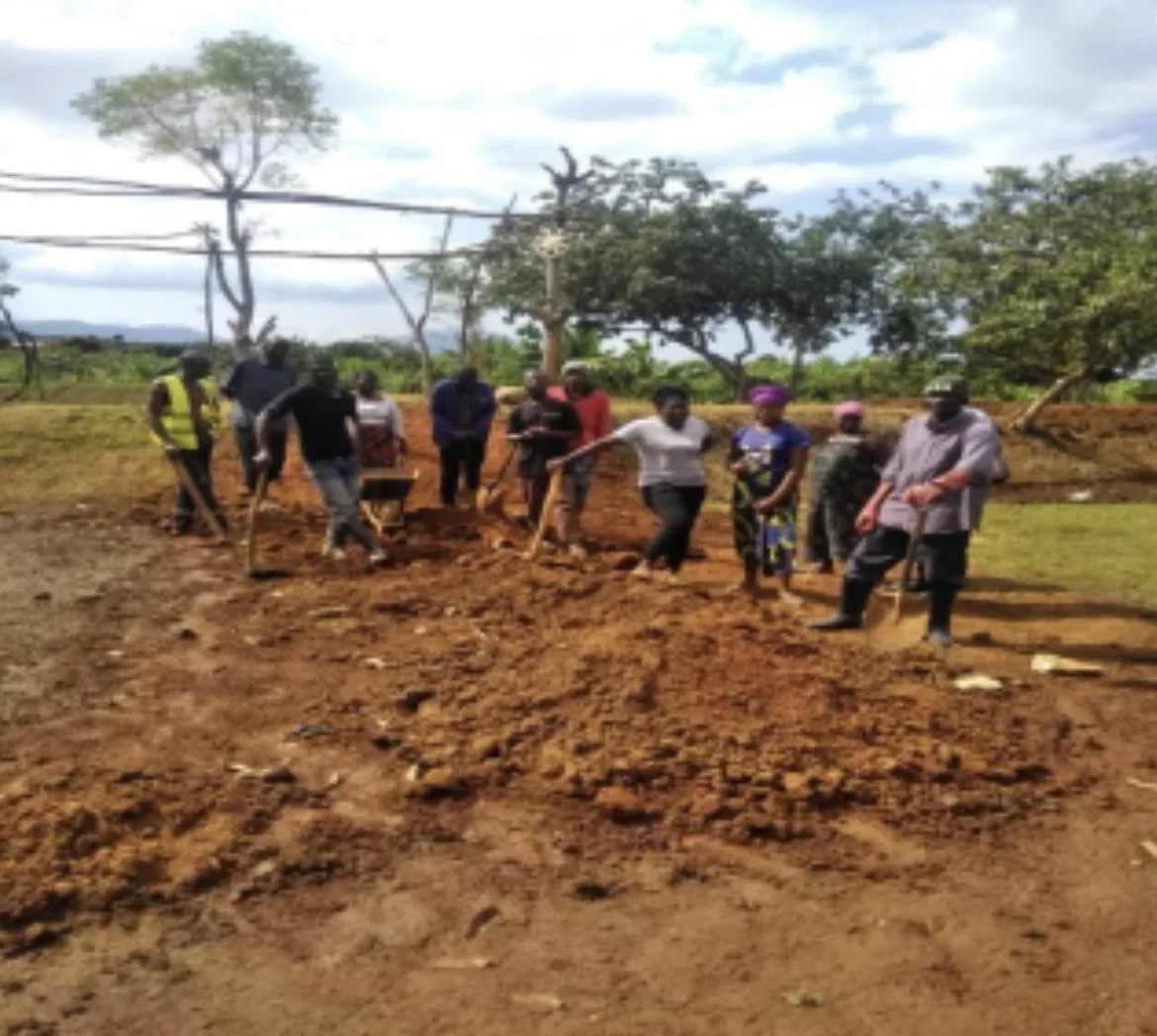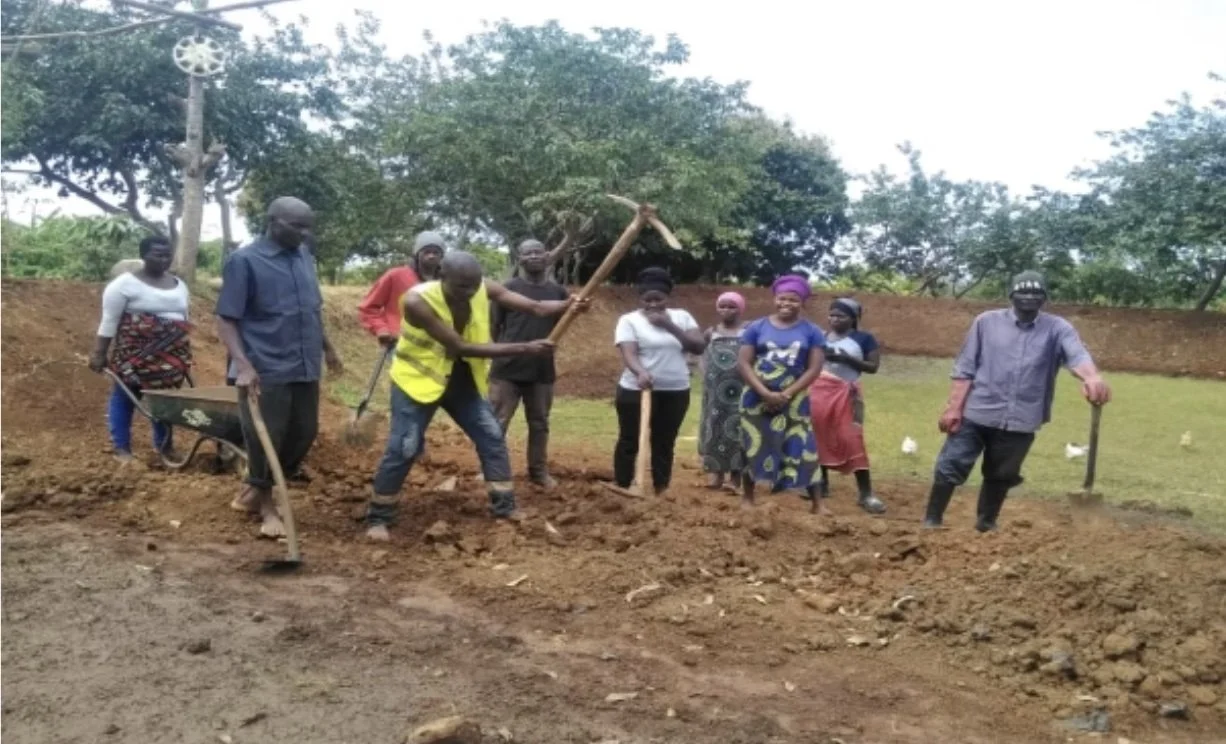EXCITING DEVELOPMENTS: CAP Advances Food Security Through Integrated Aquaculture-Agriculture
Major Progress Across 8 Malawi Districts in July 2025
Community Agribusiness Partners (CAP) is making remarkable strides in combating food insecurity across Malawi through our groundbreaking Integrated Aquaculture-Agriculture (IAAM) project. This month brought significant achievements that are setting the stage for transformative change in rural communities.
Strategic Partnership Strengthened at Biannual Review
Our leadership team participated in the IAAM Biannual Review Meeting in Lilongwe (July 17-18), joining forces with Cooperative Development Foundation (CDF) Canada and key implementing partners. This strategic gathering resulted in:
Enhanced collaboration frameworks with LUANAR, MUSCO, and MAFECO
Refined Indicator Progress Tracking Tables (IPTT) for improved project monitoring
Aligned workplans ensuring maximum impact across all partner activities
Strategic planning for the next 6 months and beyond into 2026
Farmers Embrace Transformative Opportunities
Across 40 demonstration sites in Chitipa, Rumphi, Mzimba, Nkhotakota, Ntchisi, Dowa, Zomba, and Thyolo districts, farmers are witnessing firsthand how integrated aquaculture-agriculture can transform their livelihoods:
Real Impact in Chitipa District:
Mnyimbiri Fish Club farmers are excited about expanding their pond to 1,000 m², recognizing this will significantly boost both fish production and household food security
Chimwemwe Fish Club members show remarkable adaptability, finding creative solutions to rehabilitation challenges while maintaining their vision of improved nutrition and income
Musinde and Twamba farmers report increased optimism as they prepare their 1,000 m² ponds, anticipating the dual benefits of fish protein and agricultural productivity enhancement
Hatchery Network Ready for Action
Our network of 16 hatchery operators across all project districts has completed crucial preparatory work:
Pond expansion and water management systems optimized
Agricultural lime applications completed
Fresh water systems established and ready for fingerling production
Stakeholder expectations aligned with project timelines
Success Story Spotlight: Model 2 Fish Club - Unity Creates Opportunity
In Zomba's Malosa EPA, the newly formed Model 2 Fish Club demonstrates how farmers are taking ownership of their future prosperity. This 14-member group has transformed their approach to community development:
Doubled their meeting frequency from once to twice weekly, showing extraordinary commitment to improving their food security
Demonstrated remarkable self-reliance with members contributing maize flour and money to prepare communal meals during work sessions
Embraced collective ownership by unanimously agreeing to use lead farmer George Maluwa's pond as their demonstration site
Traveled long distances to participate, reflecting their belief in the project's potential to improve their lives
"We see this as our pathway to better nutrition for our families and additional income," reflects the group's enthusiasm. The project has strengthened their unity while building practical skills that will benefit their households for years to come.
What This Means for Farmers:
Enhanced food security through year-round fish protein production
Diversified income streams combining aquaculture and agriculture
Improved soil fertility from integrated farming techniques
Strengthened community bonds through collaborative learning and implementation
What's Coming in August 2025
The momentum continues with exciting developments planned:
Demonstration site setup across all 8 districts
Multi-stakeholder committee establishment
Participant verification and replacement exercises
Material procurement and distribution for hatcheries and demo sites
Mid-term project review with field officers
Key Insights: Farmers Leading the Change
Our field experience reveals how farmers are driving project success:
Close collaboration during setup ensures farmers fully understand how integrated systems will maximize their land productivity and household nutrition
Early farmer engagement creates genuine ownership, with participants actively sharing techniques with neighbors and planning expansion of integrated methods
Community-driven solutions emerge when farmers see direct connections between project activities and improved family welfare
The IAAM project is more than agricultural innovation – it's about empowering farming families to build sustainable livelihoods while strengthening community resilience. Through integrated aquaculture-agriculture, farmers are discovering new pathways to food security, improved nutrition, and economic opportunity that will benefit their children and grandchildren.
For more information about CAP's initiatives, contact Dyna Kuthyola Mpasuka, Project Manager: dkuthyola@communityagribusiness.org

